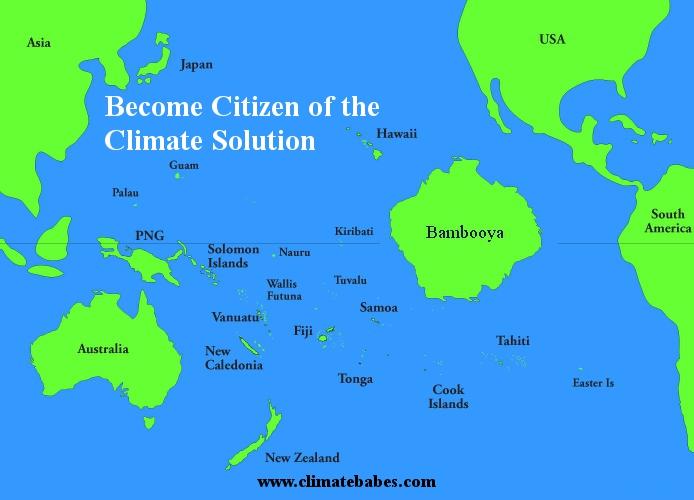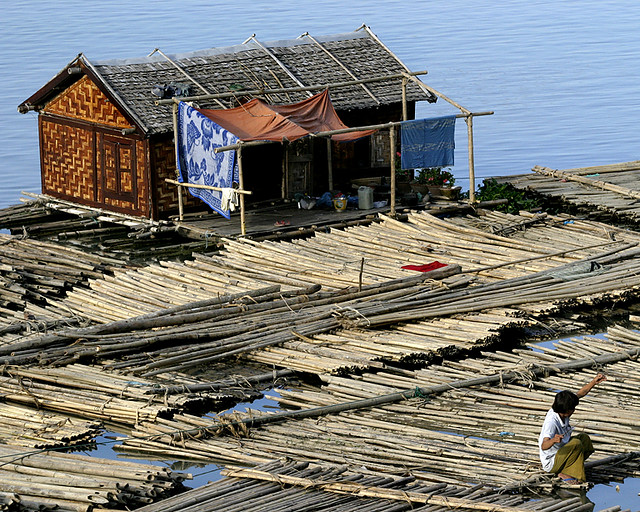Update : Trans National Corporations use spying and other covert methods on a large scale. Big McDonalds is watching you..
Update : Thousand of companies traded classified and private information
Update : Yes, information was sold on to Wallstreet and other companies.
The recent revelations on NSA wiretapping, recording billions of emails and phone conversations without catching any terrorists has another uneasy aspect : Industrial espionage. The world has always been a stage of industrial competition. It is the main driver behind US Chinese tensions, because industry means you have something to offer, and fossil fuel producing countries rather sell to clients that are industrious, so not the USA. So how hard is it to tap into communications of inventors, researchers to find out their progress, find out about their ideas. Not very hard obviously.
One may think this would mean a technology acceleration, in the hands of the US (or Canada as is often the case), but an acceleration is not in the interest of the market forces. Turnover is in the interest of the carbon suppliers, the intermediaries, because that is what makes them rich. So if turnover is good and all products the rich want to own are available, the drive to change anything about the market is absent with the peeple that are supposed to finance it.
The above trailer of the movie Antitrust is about an IT mogol that spies on young developers to steal their code. This is not a far fetched scenario at all. Why if code is so easy to copy, would you not steal it if you can. Most people think this is about it for internet espionage, but of course all kinds of ideas and initiatives can be detected and taken over. We have one example of Apple patenting a technology that is described in a paper years before. Now apart from being faced with bogus patents (ones that can be succesfully contested) we face patents on stuff that was in the public domain! We can also expect patents that are on inventions that are not supposed to be used.


left ,scientific paper right, Apple patent. Applications of a technology are not patentable
What about screenwriters, songwriters, anybody with a commercially interesting creative job? How can we know if the NSA has all the emails (or a large part of it) to mine by whomever (we don’t know) whether ideas are still with the originators. How can we know for that matter, if the database is not used to measure public opinion. Test words. See what messages get repeated. Until the system is openly and clearly shut down, nobody can tell who gets his information where.
Help us develop Windheatingsystem.com
We already live in a technological Ground Hog world, where the 70’s are repeated, Algae can provide biofuel, cars may run on NH3 one day. Commecial interests, industry, is happy to reinvent things time and time again, basically proving technews does not disturb the ‘Eternal sunshine of the spotless mind’ of the undereducated consumer. You can say salt storage for CSP is new, you can say Solar Zinc water splitting is new, daring, a promise. And whomever invents something awesome and doable, you buy it up, over invest and fail with it when entering the market (because new stuff at the same price never competes).
How did the hero in the movie Antitrust break the cycle of theft? Through Hypertransparency. By broadcasting his claim to everyone that could be reached. It seems with the revelations about the abilities and practices of the NRA patents granted can be put into question. Maybe a good time to revise this system, that has been corrupted into a kind of financial asset factory, locking down technologies through high royalties over invalid patents. Open up the databases or destroy them, thow out any contested patent in the last 12 years. It wil be a benefit to the renewable future for sure.





